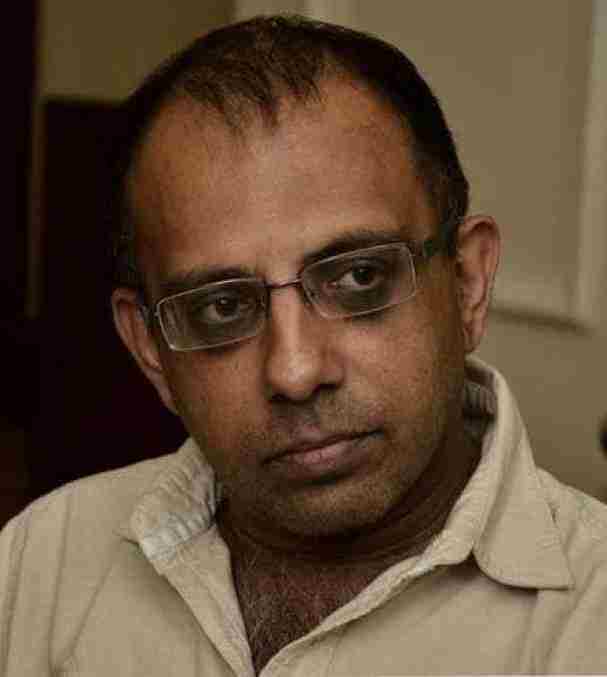Arunava Sinha translates classic, modern and contemporary Bengali fiction and nonfiction into English, and from English into Bengali. Over fifty of his translations have been published so far. Twice the winner of the Crossword translation award, for Sankar’s Chowringhee (2007) and Anita Agnihotri’s Seventeen (2011), respectively, and the winner of the Muse India translation award (2013) for Buddhadeva Bose’s When The Time Is Right, he has also been shortlisted for The Independent Foreign Fiction prize (2009) for his translation of Chowringhee and longlisted for the Best Translated Book award, USA, 2018 for his translation of Bhaskar Chakravarti’s Things That Happen and Other Poems. Besides India, his translations have been published in the UK and the US in English, and in several European and Asian countries through further translation. He is the editor of the Library of Bangladesh, a series of Bangladeshi fiction translated into English from Bengali, and of the Book of Dhaka, a collection of short stories from Bangladesh translated into English. He has conducted translation workshops at the British Centre for Literary Translation, UEA; University of Chicago; Dhaka Translation Centre; and Jadavpur University.
Our Contributors
- Arunava Sinha
- Shaheen Akhtar
- Manas Ray
- Sajal Nag
- Faith Elwin Kharbuli
- Oindrilla Maity
- Aanchal Malhotra
- Sashi Teibor Laloo
- Sayeed Ferdous
- Sounita Mukherjee
- Gautam Mukhopadhaya
- Pradip Phanjoubam
- Sam Dalrymple
- Udayon Misra
- Suchitra Vijayan
- Sohini
- Sanjoy Chakraborty

Shaheen Akhtar is a notable Bangladeshi author, who won the Prothom Alo Best Book Award in 2004 for her novel Talaash, (translated into English as The Search and published by Zubaan, Delhi, in 2011). Bengal Lights Books published the translation of another novel Shokhi Rongomala (Beloved Rongomala) in 2018. Her short stories have been published in Words without Border and other prestigious literary magazines. Akhtar was presented with the Sera Bangali 2014 Award for literature by India’s leading Bengali news channel, ABP Ananda. She has also received the Akhteruzzaman Elias Kothashahitya Puroshkar 2015 and the IFIC Bank Puroshkar for her novel Moyur Shinghashon. Akhtar’s works have been translated into English, German, and Korean. In 2015, Akhtar received the highest national award for literature in Bangladesh, the Bangla Academy Literary Award, for her contributions to Bangla literature, and in 2019, she received the Gemcon Literary Award.
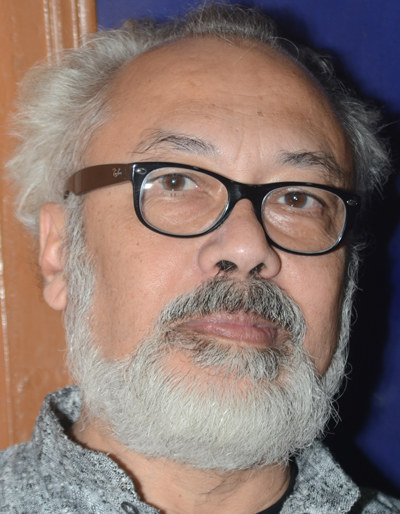
Manas Ray retired as a Professor of Cultural Studies at the Centre for Studies in Social Sciences, Calcutta (CSSSC) in March 2018. He works at the interface of political theory and cultural studies and has published on a wide spectrum of areas including Marxism, ethics, governmentality, postmodernism, film theory, New German Cinema, Bollywood, biopolitics, continental political philosophy, critical legal theory, cultural lives of Indian diasporas, and memory and locality of post-partition Calcutta. He has held visiting positions in Berlin, Paris, Edinburgh, Amsterdam and Cape Town. Primus Books is bringing out a two-volume collection edited by Professor Ray entitled, State of Democracy in India: Essays on Life and Politics in Contemporary Times this year.

Sajal Nag is currently Professor and Head, Department of History, Assam University, Silchar. He was formerly a Professor of Social Sciences, Presidency University, Kolkata, and a former Commonwealth Fellow and a Charles Wallace Fellow at the University of Cambridge. His publications include The Uprising: Colonial State, Christian Missionaries, and Anti Slavery movement in North East India, 1907-1950, Oxford University Press, 2016; Bridging State and Nation: Politics of Peace in Nagaland and Mizoram, with Rita Manchanda and Tapan Bose, Sage, 2015, and The Beleaguered Nation: Making and Unmaking of the Assamese Nationality, Manohar- New Delhi, 2016, among others.
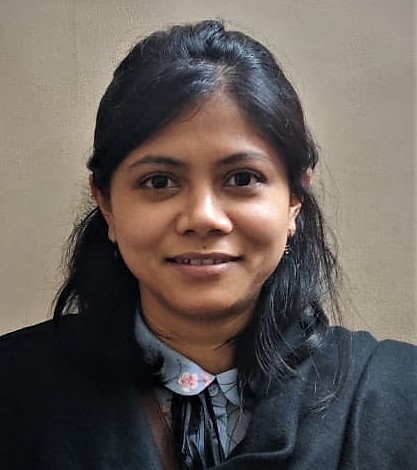
Faith Elwin Kharbuli is a research scholar at the Department of History, North Eastern Hill University, Shillong. Her research and writings intensively explore the partition experiences of the Khasi, Jaintia, Garo Hills and Tripura (1947-1971). She has written and presented her work at several national and international conferences and seminars. She graduated from Loreto College, Kolkata (B.A. History Honours), she has been a Gold Medal Awardee for her M.A. (2013) from North Eastern Hill University, Shillong. The papers she has presented in seminars include, Future Challenges for Partition Scholarship: The Khasi-Jaintia Perspective’, IIT Guwahati, The Khasi-Jaintia Experience, Asian Confluence, Shillong, Violent Experiences and Boundary Demarcation in Northeast India, and Verrier Elwin, North Eastern Hill University, Shillong, among others.

Oindrilla Maity is an independent curator and research scholar who has recently submitted her PhD thesis at the Department of Culture Studies, Visva-Bharati, Santiniketan. She has graduated from the Gwangju Biennale International Curatorial Programme (2012). Her essay in Bangla on the 19th century Bengali reformer, Ishwar Chandra Vidyasagar has been brought out in the academic volume Janmadwishatabarshe Vidyasagar by Ananda Publishers, Kolkata, last September. Her major anthropological curatorial ventures include Tracing a Human Trail: Metaphors of the Frontiers (Khoj, New Delhi, 2011) among others.
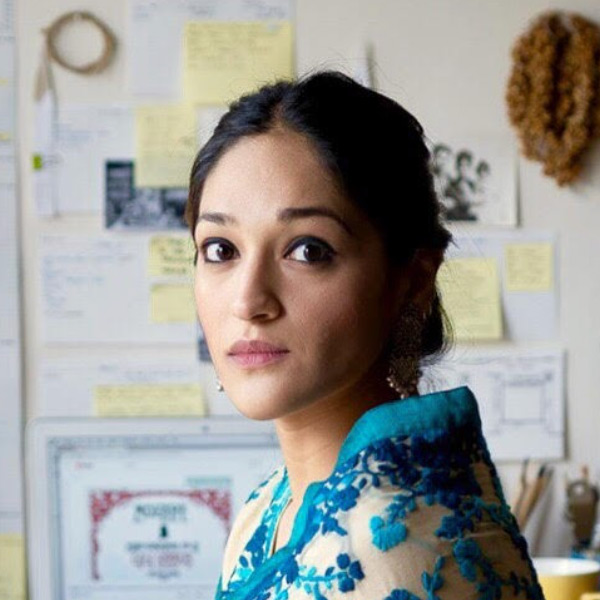
Aanchal Malhotra is an oral historian and writer, living in New Delhi, India. She holds a BFA in Traditional Printmaking and Art History from OCAD University, Toronto and a MFA in Studio Art from Concordia University, Montréal. She is the co-founder of the Museum of Material Memory – a digital repository tracing family histories and social ethnography through heirlooms, collectibles and antiques from the Indian subcontinent.
Malhotra writes extensively on the 1947 Partition and its related topics. Her debut book, Remnants of a Separation is a human history narrated through objects and heirlooms that refugees carried across the border in 1947. She is currently writing an oral history on the ongoing, generational impact of Partition, titled In the Language of Remembering, to be published in 2021.
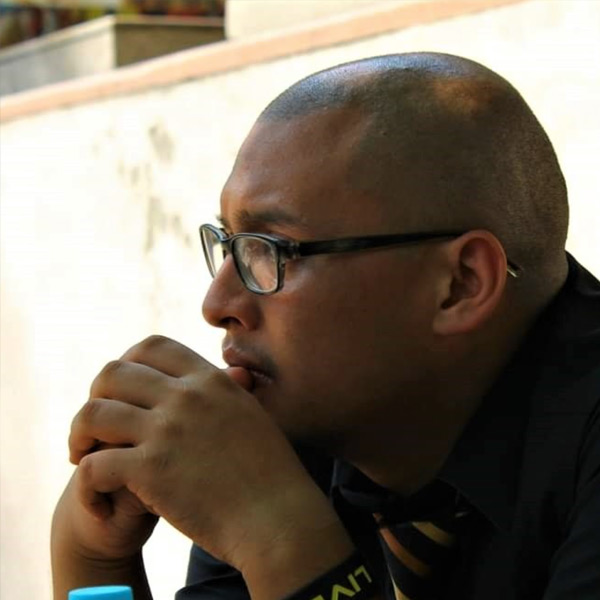
Sashi Teibor Laloo is a Research Scholar at the Department of History, North-Eastern Hill University, Shillong. The topic of his research is “Drawing Borders and the Making of Khasi-Jaintia Identity (1772-1972)” concerning the Southern Foothills of Meghalaya. He completed his B. A. in History Honors at St. Stephens College and received his Masters Degree from the University of Delhi. His interest revolves around the history and culture of the indigenous communities of Meghalaya ranging from their folklore, musical instruments, weapons, colonial accounts in the National as well as the State Archives and the old photographs that captured their past. Sashi has been a research assistant in a number of documentation of the region. He has also presented his research papers like the impact of the Partition of 1947 on the Khasi-Jaintia community, Orientalism, History of the Potato in the Khasi Hills et al. in various national and international seminars/conferences held in the country.
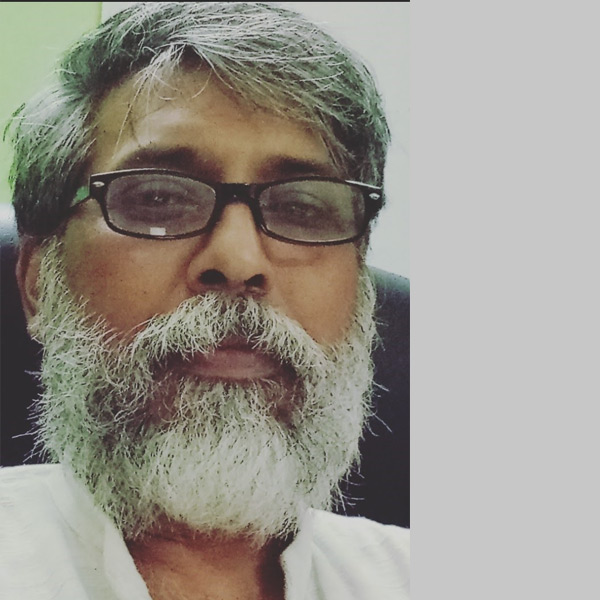
Sayeed Ferdous has been teaching anthropology at Jahangirnagar University, Bangladesh, since 1995 after he graduated from there. He has also completed Masters from Universiteit van Amsterdam, Netherlands and, Ph.D. in History from Lancaster University, UK. Sayeed finds his niche in the blurred zone of the disciplines of History and Anthropology. His areas of interest include historiography, memory/forgetting, subaltern, postcolonial nation, nation-state, and nationalism. The focus of his Ph.D. research was on the East Bengal/Pakistan episode of the 1947 Partition and its prolonged aftermath in Bangladesh. Sayeed loves to talk about his areas of interest and has decent exposure in social media. He is jointly conducting a research project on the Partition migrants to Dhaka, in partnership with Goethe Institute, Bangladesh, titled ‘Inherited Memories (Part II).’
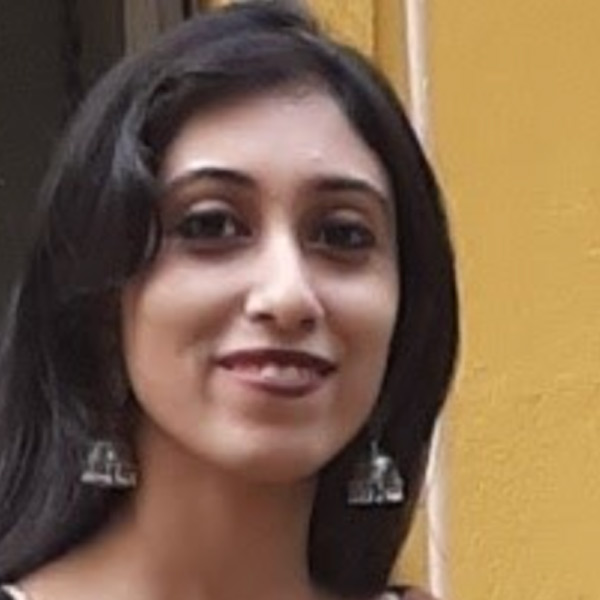
Sounita Mukherjee is currently working as a research assistant on a research project titled “Bookscape” with the University of California, Santa Barbara, alongside its publication. She also contributes as a citizen historian documenting the accounts of the 1947 Partition witnesses and survivors for the 1947 Partition Archive which collaborates with the Stanford University Library and Archive.
Sounita has been a former M.Phil research scholar at the Centre for Studies in Social Sciences, Calcutta (CSSSC) affiliated to Jadavpur University, where she submitted her thesis titled, “The City as Political Exhibitionary Space: Kolkata, 2011-2018” in the year 2018 under the supervision of Professor Tapati Guha-Thakurta. She has taught as guest faculty at the Department of Political Science in Scottish Church College, affiliated to the University of Calcutta, and has also contributed as research assistant on diverse projects ranging from ethnographic and archival research and writing, to documenting and writing on global electoral datasets, to a project on pre-primary education in West Bengal supported by international and national bodies. She read Political Science for her B.A. (Hons)., and M.A. at Presidency University, Kolkata, and is an aspiring doctoral candidate with interests in Partition studies, Urban Governance and Visual Politics, Culture and Politics, and Gender.

Ambassador Gautam Mukhopadhaya joined the Centre for Policy Research as a Senior Visiting Fellow in June 2019 after a career in the Indian Foreign Service during which he served in various capacities in Indian Embassies and Missions in Mexico, Cuba, France, and the United Nations; the Ministry of Defence of India (2002-05); and eventually as India’s Ambassador to Syria (2006-08), Afghanistan (2010-13) and Myanmar (2013-16). He also re-opened the Indian Embassy in Kabul in November 2001 as Charge d’Affaires after the ouster of the Taliban in Afghanistan in November 2001. Ambassador Mukhopadhaya’s current areas of interest at the Centre include Afghanistan and Myanmar, India’s Act East policy, and regional cooperation involving South and South East Asia with a focus on the North East of India on which he hopes to stimulate some policy work at the Centre. His other current affiliations include an association with the NITI Aayog’s ‘NITI Forum for the North East’ as an Advisor, and Chair of a CII Task Force on economic ties with Cambodia, Laos, Myanmar and Vietnam (CLMV countries).
Mukhopadhaya’s diplomatic career has been notable for the range of his professional experience covering media, culture, human rights, development, defence and security issues. He graduated from Delhi University with a Bachelor’s degree in History and a Masters in Sociology. He is an alumnus of the National Defence College of India (2001) and has also worked at the UN Headquarters in New York as a Consultant on Social Development (September 1999-August 2000) and as a Visiting Fellow at the Carnegie Endowment for International Peace in Washington DC, (October 2009-March 2010). He also handled the Festival of India in France (1985-86). His extra-curricular interests include Indian and world music, and travel, with a special interest in the North East of India and South East Asia.
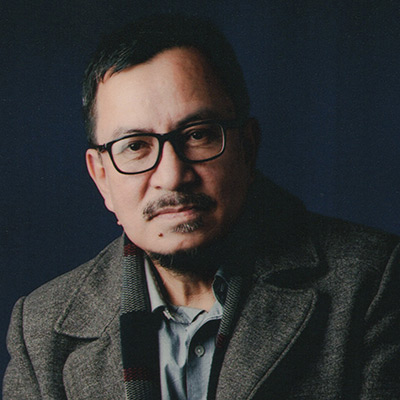
Pradip Phanjoubam is the Editor of Imphal Free Press and is based in Imphal, Manipur. He began his career as a journalist in 1986 as a sub-editor at The Economic Times, New Delhi. He has written extensively on affairs of the Northeast for many reputed publications, both in the mainstream media as well as academic journals. He was a Fellow at the Indian Institute of Advanced Study, Shimla (2012–14) at the time of writing the book, The Northeast Question: Conflicts and frontiers.

Sam Dalrymple is an author, journalist and multimedia producer. He has been published in The New York Times and featured in TIME, The BBC, WIRED, Elle, Reuters, Mashable, Nikkei and Rest of World amongst others. In 2017 he cofounded Project Dastaan: a peace building venture which reconnects Partition refugees to their ancestral villages through VR. His debut film, Child of Empire, will premiere at the Sundance Film Festival in 2022. His debut book Five Partitions will examine the divisions of the Raj from the separation of Burma and India in the 1930s to the Independence of Bangladesh in 1971. It will be published by HarperCollins in 2024.
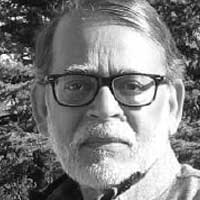
Udayon Misra is an academic, translator, and Former Professor and Head of the Department of English, Dibrugarh University, Dibrugarh, Assam. He was Former National Fellow at Indian Institute of Advanced Study, Shimla, and at the Indian Council of Social Science Research, New Delhi. His recent books, Burden of History: Assam and the Partition-Unresolved Issues (2017) and India’s North-East: Identity Movements, State, and Civil Society (2014) was published by OUP. Udayon Misra writes for several leading newspapers and contributes regularly to Economic and Political Weekly and The Book Review. In 2020, he translated the novel Ka Meikhar Ghar by Tilottoma Misra from Assamese to English as High Wind, published by Zubaan.
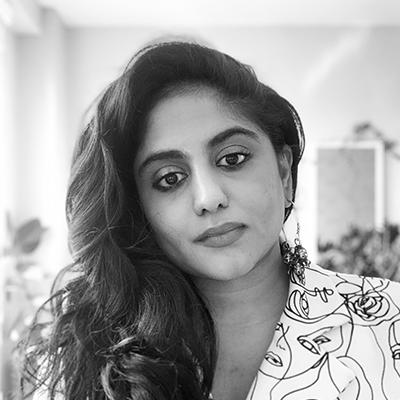
Suchitra Vijayan was born and raised in Madras, India. Her work has appeared in The Washington Post, GQ, The Nation, The Boston Review, and Foreign Policy. A Barrister by training, she previously worked for the United Nations war crimes tribunals in Yugoslavia and Rwanda before co-founding the Resettlement Legal Aid Project in Cairo, which gives legal aid to Iraqi refugees. She is an award-winning photographer, the founder, and executive director of the Polis Project, a hybrid research and journalism organization. She lives in New York.
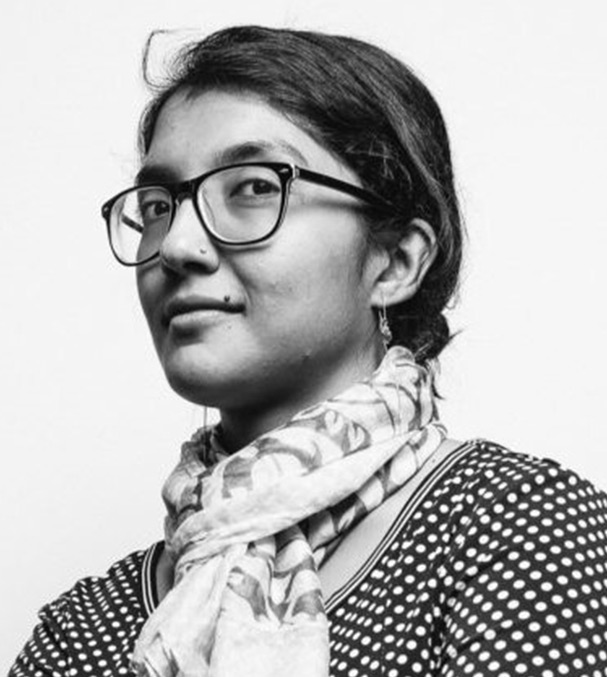
Sohini is a journalist, who enjoys long-form reportage. She was a long-time writer and editor with OPEN magazine where she co-edited the culture section in one stint, and commissioned features for all sections of the magazine in another stint. Her writing has been commissioned by the Guardian, the South China Morning Post, VICE, the Sueddeutsche Zeitung, Die Tages Zeitung, the web dailies Scroll.in and The Wire.in, FountainInk and Outlook Traveller magazines, and leading dailies such as The Times of India, The Telegraph and Business Standard. Sohini is recipient of the prestigious Ramnath Goenka award for feature writing in 2015 and the 2014 International Red Cross and Press Institute of India prize for humanitarian reporting, amongst others.
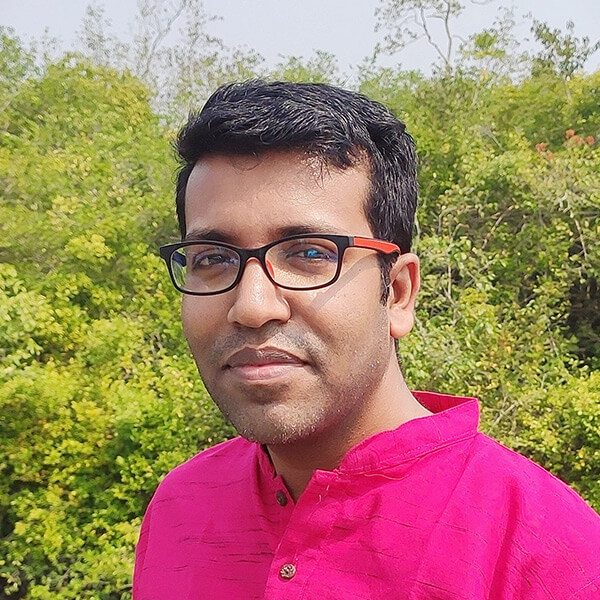
Sanjoy Chakraborty is a painter, performance artist, art writer and illustrator. He completed his master’s and bachelor degrees in Art History from Rabindra Bharati University, Kolkata. During his academic years, he participated in several exhibitions in India, including a student residency at `Periferry 0.1’, produced by Desire Machine Collective, Guwahati, Assam. His writings on Bangladeshi modern art, art education, and folk art have been published in various journals and magazines. His curatorial work includes Vicinity (2009) in Chittagong and Kolpobikolpo (2017) in Dhaka, and he co-edited the catalogue of the 2015 Kornaphuli Folk Trennial. Currently, he is an Assistant Professor at the Department of History of Art, Faculty of Fine Art, University of Dhaka, and is also pursuing a PhD on Bangladeshi Folk Art from the same university. He continues to exhibit his artworks in Bangladesh and internationally.

